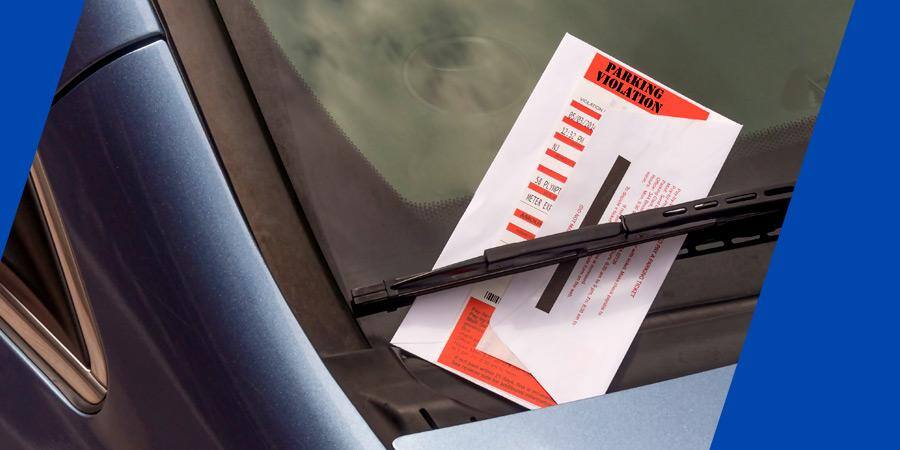While most of us are familiar with common factors that affect credit scores such as payment history and credit utilization, there are lesser-known factors that can influence them as well. In this article, we will explore five surprising elements that can impact your credit score.
- Rental Payments
Many people are unaware that their rental payment history can influence their credit score. While missed rent payments won't directly lower your score, timely payments can actually provide a boost. Some credit bureaus factor in rental data, and if you consistently pay your rent on time, it can demonstrate responsible financial behavior and improve your creditworthiness. Therefore, make sure your rental payments are recorded and considered within your credit profile. - Utility Bills
Similar to rental payments, utility bills such as electricity, water, and gas bills usually do not affect your credit score. However, overdue payments or accounts sent to collections may be reported to credit bureaus as delinquent accounts, which could negatively impact your credit score. Paying your utility bills on time (and in full) is important to maintaining a healthy credit score. - Employment History
Contrary to popular belief, your employment history does not appear on your credit report or directly impact your credit score. But some lenders or creditors may consider your employment history during a loan application process. If you have a history of frequent job changes or extended periods of unemployment, it may raise concerns about your ability to make timely payments, potentially impacting your creditworthiness. - Parking Tickets and Library Fines
This one might be the most surprising factor on this list. Did you know that unpaid parking tickets or outstanding library fines can affect your credit score. Government agencies or municipalities have the ability to report delinquencies to the credit bureaus, leading to a lower credit score. It's important to promptly pay or address any outstanding fines or tickets. - Your Social Media Presence
While your social media activity itself does not directly impact your credit score, it can indirectly affect your creditworthiness. Lenders and creditors may use social media platforms to gather additional information about you during the loan application process, especially for unconventional lending or credit review processes. Inappropriate or irresponsible behavior that’s highlighted on social media can potentially jeopardize your chances of obtaining credit or affect interest rates that are offered to you.
Conclusion
Being aware of lesser-known factors that can impact your credit score can help you stay on top of your finances. Paying your bills on time and not letting unpaid tickets or fines pile up are easy and effective ways to make sure you don’t negatively impact your creditworthiness. By staying vigilant across these areas, you can maintain a healthy credit profile. And by doing that, you can increase your chances of obtaining credit that enables you to make life-changing financial decisions!
